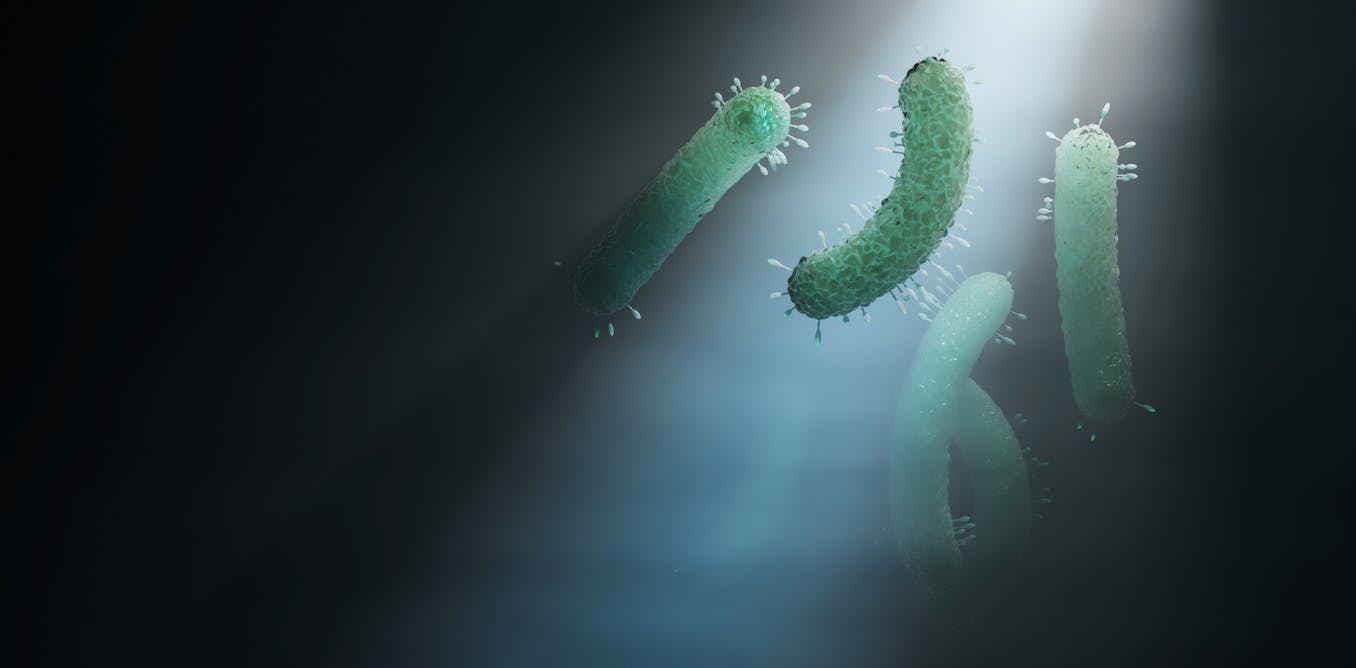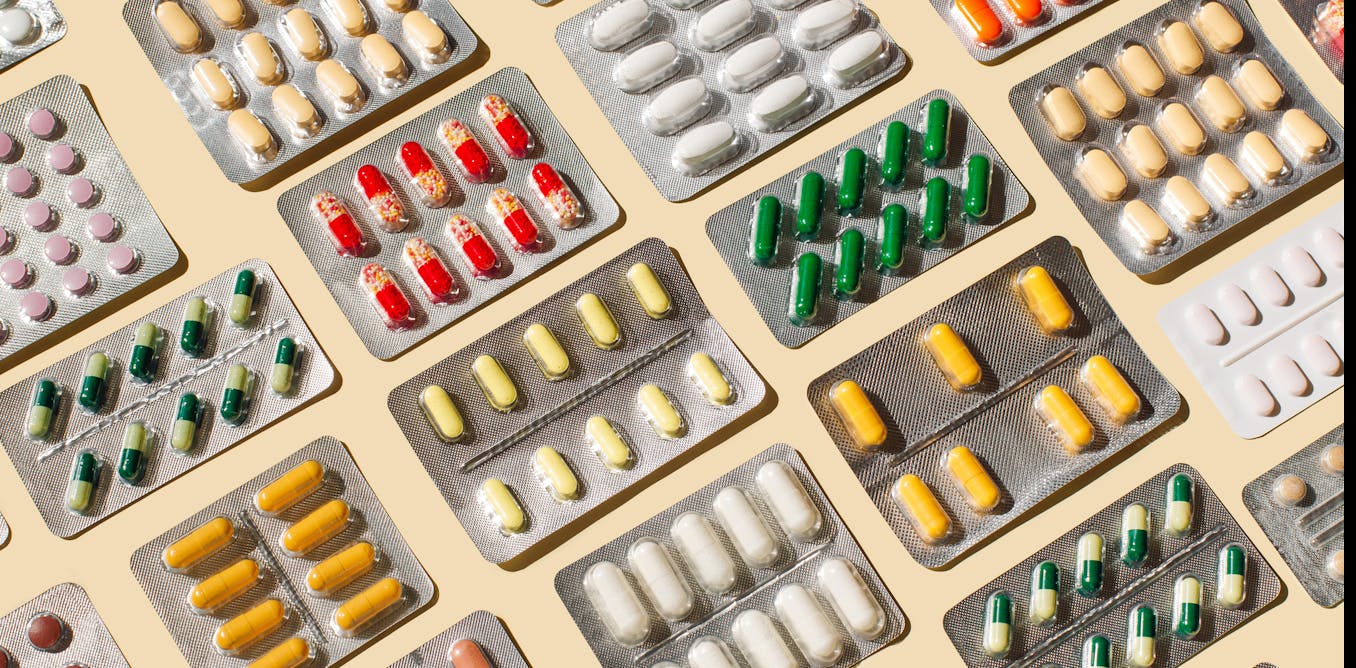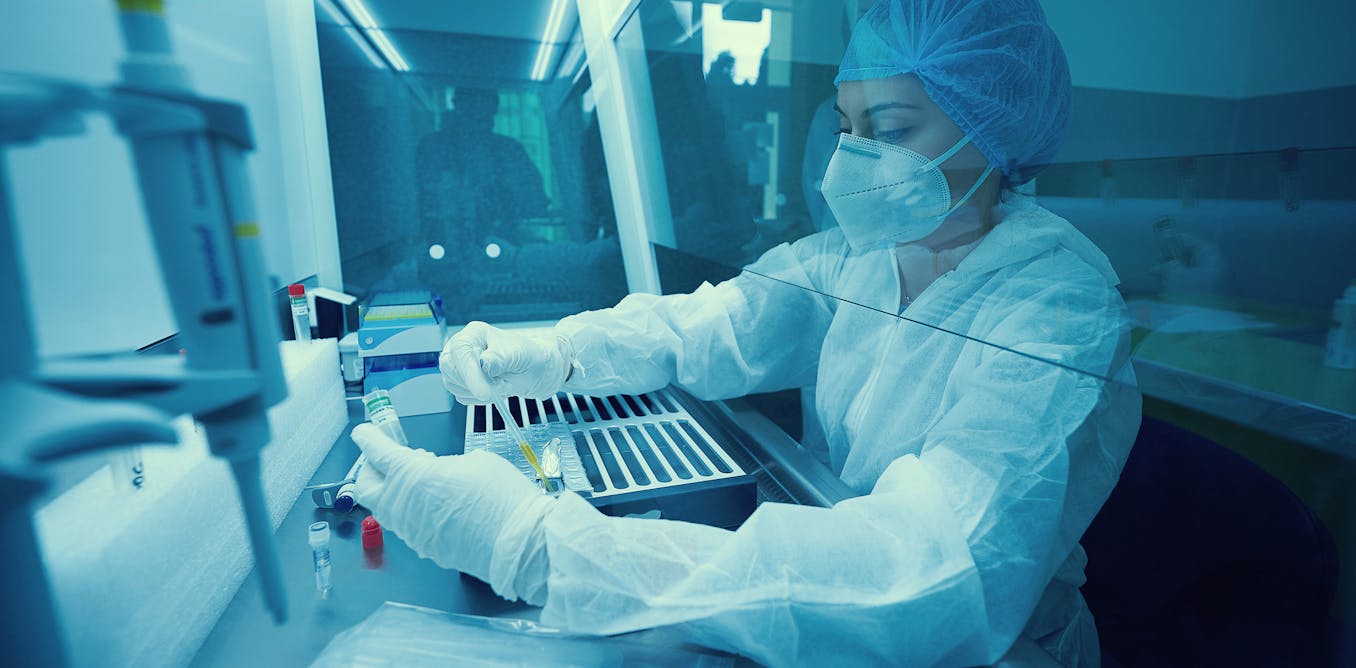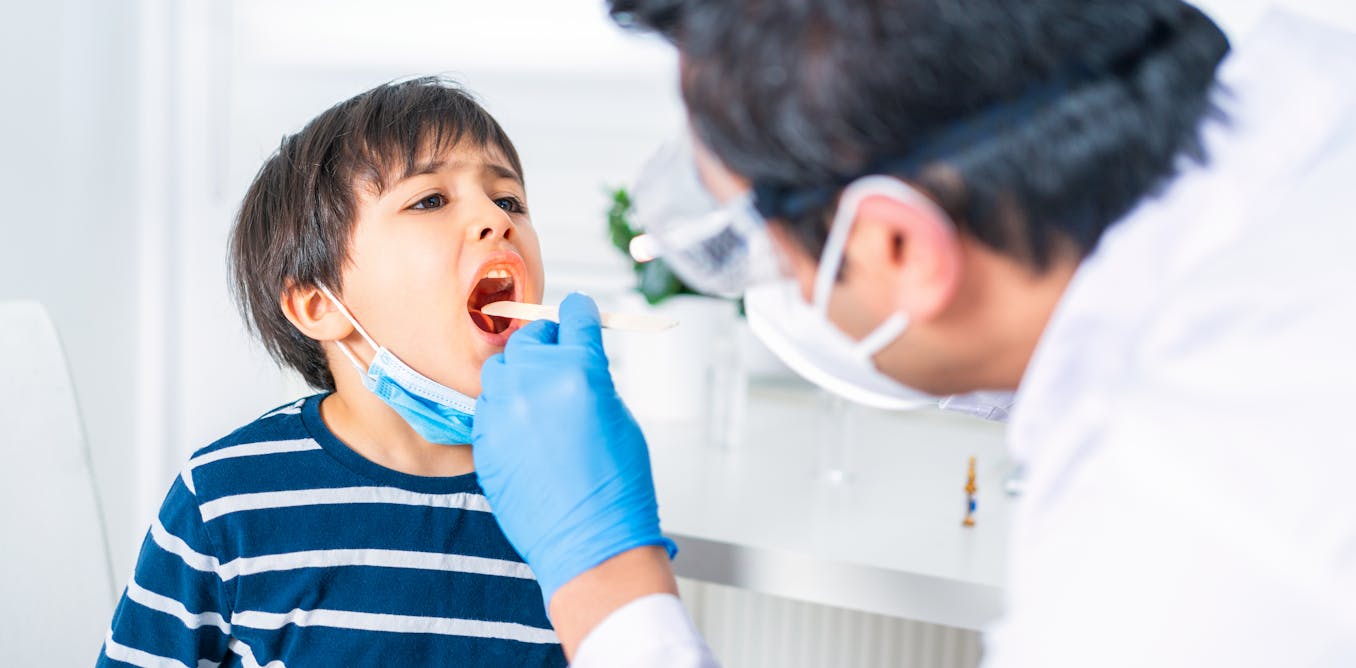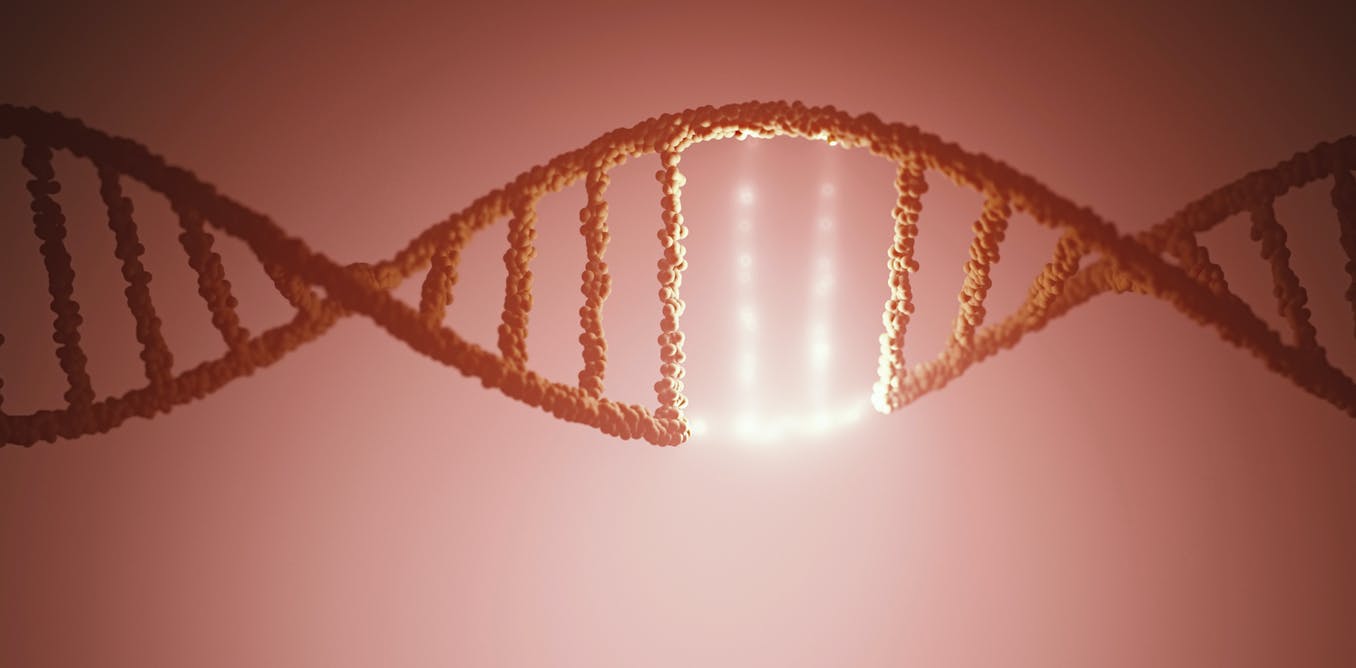Genomic sequencing reveals previously unknown genes that make microbes resistant to drugs and hard to kill
Scientists have described antimicrobial resistance as an overlooked pandemic. Improving surveillance can help prevent deadly outbreaks.
March 24, 2025 • ~8 min


